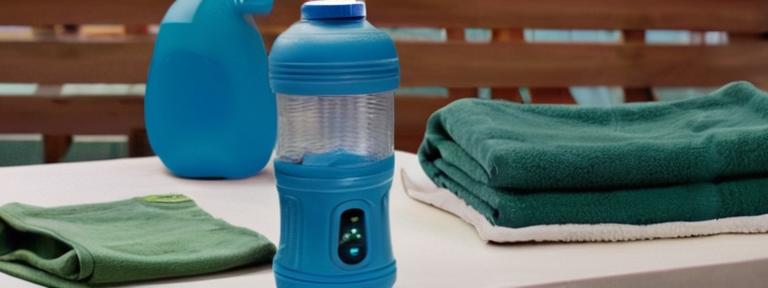Staying Healthy in the Summer Heat: A Comprehensive Guide
As the mercury rises, it is crucial to take necessary measures to maintain optimal health and wellness. This guide provides a comprehensive overview of strategies to stay healthy during the summer heat.
Understanding Heat-Related Health Risks
High temperatures can lead to several health issues, including dehydration, heat exhaustion, and heatstroke. These conditions can be particularly dangerous for vulnerable populations such as the elderly, children, and individuals with pre-existing medical conditions.
Dehydration: Preventing and Recognizing Signs
Dehydration occurs when your body does not have enough fluid to carry out its normal functions. Signs of dehydration include dry mouth, fatigue, dizziness, and dark-colored urine. To prevent dehydration, it is essential to drink plenty of fluids, particularly water.
Heat Exhaustion: Recognizing and Treating Symptoms
Heat exhaustion is a more severe condition than dehydration. Symptoms include heavy sweating, weakness, cool, moist skin with goosebumps when in the heat, fast, weak pulse, nausea or vomiting, and fainting.
If you suspect someone is experiencing heat exhaustion, move them to a cool place, loosen their clothing, apply cool water to their skin, and encourage them to drink fluids. In severe cases, seek medical attention immediately.
Heatstroke: A Medical Emergency
Heatstroke is the most dangerous heat-related illness, with symptoms such as high body temperature (above 103°F or 39.4°C), red, hot, and dry skin, rapid and strong pulse, confusion, and loss of consciousness.
Heatstroke is a medical emergency that requires immediate attention. Call emergency services if you suspect someone has heatstroke, and cool them down with wet cloths or a bath while waiting for help to arrive.
Preventive Measures
Prevention is key when it comes to staying healthy during the summer heat. Below are essential strategies to stay safe and well-hydrated throughout the season.
Stay Hydrated
Drinking plenty of fluids, especially water, is crucial during hot weather. Avoid alcoholic beverages and sugary drinks as they can dehydrate you further.
Schedule Outdoor Activities Wisely
Plan outdoor activities during the cooler parts of the day, either early morning or late evening. If you must spend time outside during peak heat hours, take regular breaks in shaded areas and drink plenty of fluids.
Dress Appropriately
Wear lightweight, loose-fitting clothing made from breathable fabric to help your body stay cool. Protect your skin with sunscreen and wear a hat or other protective gear if you will be in the sun for an extended period.
Stay Informed
Keep track of local weather forecasts and heat advisories to plan your activities accordingly. If excessive heat warnings are issued, modify your plans to minimize outdoor exposure during peak heat hours.
Stay Cool Indoors
Make use of air conditioning or fans to keep your home cool and comfortable. If you don’t have access to air conditioning, visit a public place with cooling facilities during the hottest parts of the day.
Conclusion
Staying healthy in the summer heat requires careful planning and attention to your body’s needs. By understanding the risks, taking preventive measures, and knowing how to respond in case of heat-related illnesses, you can enjoy a safe and enjoyable summer season.
Key Takeaways
– Stay hydrated by drinking plenty of fluids.
– Schedule outdoor activities wisely to avoid peak heat hours.
– Dress appropriately in lightweight, breathable clothing and protective gear.
– Stay informed about local weather conditions and heat advisories.
– Utilize air conditioning or fans to stay cool indoors.


